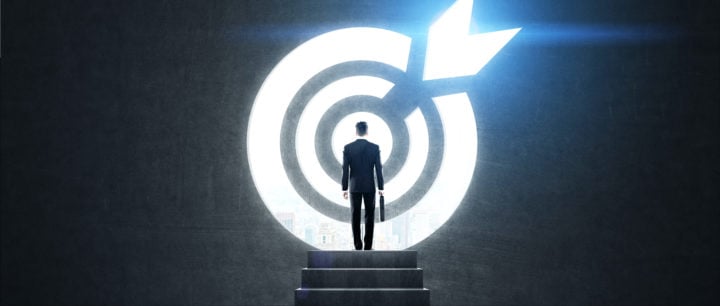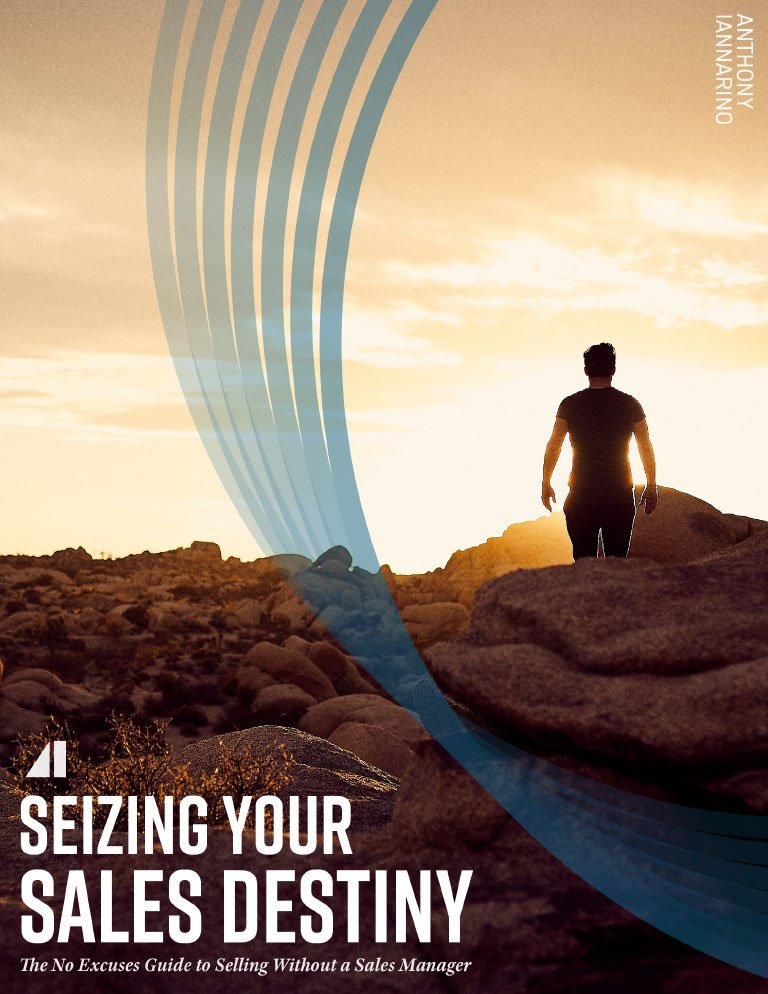Never before have more distractions vied for your limited time and attention. Your computer and your poorly-named “smartphone” provide a plethora of clickbait, curiosities, novelties, provocations, agitations, information, entertainment, and rabbit holes that run so deep you can get lost for hours—or days and weeks. Their most odious feature, notifications, provide beeps and shiny lights designed to break your focus and capture your attention, lest you forget that someone liked your picture on one of the social platforms built on doomscrolling.
There is nothing wrong with wasting time when you are intentionally wasting time. There is also nothing right with wasting time during the relatively short part of the day when you’re supposed to be doing your work. The curse of being a knowledge worker is that you are responsible for deciding what you need to do, when you need to do it, and how you should go about producing the results for which you are responsible. Given that level of autonomy, success requires self-discipline.
One way to use your time more wisely is to set up filters for how you spend it. Here are a few to get you started.
Important to Your Long-Term Goals
Is what you are doing now something that is contributing to your long-term goals and initiatives?

Long-term success requires doing the work you need to do so you can produce a certain result over a long period of time. Without putting time and effort into the outcomes you want or need, you will not acquire them. Because your long-term success is a lifelong pursuit, you need to prioritize it—the easiest way to improve your results.
Filtering out your distractions to focus on these goals is straightforward, as long as you stay committed to your work. Your willingness to allow yourself to be continually distracted will almost certainly delay or even prevent you from reaching your long-term goals. Try things like disconnecting from wifi, closing the browser, turning off your phone’s notifications, closing the door, blocking off time each day for what’s important, and acquiring a good set of noise-canceling headphones.
Important to Your Short-Term Goals
It would be wonderful if everything on your to-do list directly advanced your long-term strategic goals, but sadly, some things that need your attention don’t quite rise to that level. Even so, get used to applying another key filter: is what you are doing now meaningfully contributing to some shorter-term goal or initiative?
To accomplish short-term outcomes, such as closing a deal or finishing a project within the next month, you’ll need to do some work routinely. Often you will have to give your attention to those tasks and responsibilities since some results are impossible to cram in at the last minute. For instance, if you have a quarterly sales goal to reach, you can’t postpone the work of prospecting and creating new opportunities until the last week of the quarter, or even the last month.
The large balance of your time should belong to your long- and short-term goals, the work that ensures your future results. Fortunately, if you’ve set solid and realistic long-term goals, much of your work on short-term goals will help you advance toward them as well.

Requires Immediate Attention
What is the penalty for not addressing this now? What is the appropriate time in which to respond?
Say your client sends you an email, telling you that they have a problem they need your help resolving. The first question you have to ask yourself is why you were reading email when you should have been working on what’s important (I forgive you: you hadn’t read this post yet, so you didn’t know any better.) Most things that show up in your inbox do not require your immediate attention, just like all those notifications on your phone. In this case, the fact that your client sent an email instead of calling you means that it isn’t something so critical that it can’t wait until you finish a ninety-minute block of focused work.
Distractions offer you different, less valuable work that crowds out your real work, the work that delivers your goals. If you can’t avoid them, it means that you are in reactive mode, waiting for the work you prefer over the work you need to do. Let’s imagine you were in a ninety-minute meeting with another client or with your boss. Would you be reading your email? Would you get up and walk out of the meeting to respond to an email? Your clients assume you are not available at all times unless perhaps you work in customer service.
When something truly needs your attention, you may have to allow yourself to be interrupted. When the client calls to tell you that they can no longer run their operation because they don’t have something you were supposed to provide them, drop everything, and take care of it. Otherwise, pretend you are in a meeting with another client and give yourself ninety minutes to do good work.
Time is our most precious commodity, even if it mainly shows that value in its scarcity. Only when we have too little time do we recognize how much of it we have wasted. The best time to be reminded of this fact is before it derails your success.

Get the Free eBook!
Learn how to sell without a sales manager. Download my free eBook!
You need to make sales. You need help now. We’ve got you covered. This eBook will help you Seize Your Sales Destiny, with or without a manager.
Download Now







.jpg?width=768&height=994&name=maximize-productivity-ebook-v3-1-cover%20(2).jpg)


